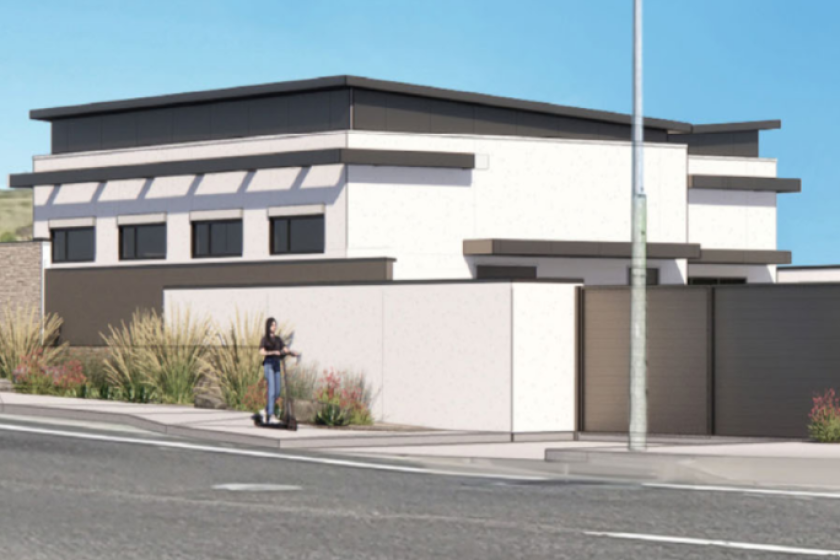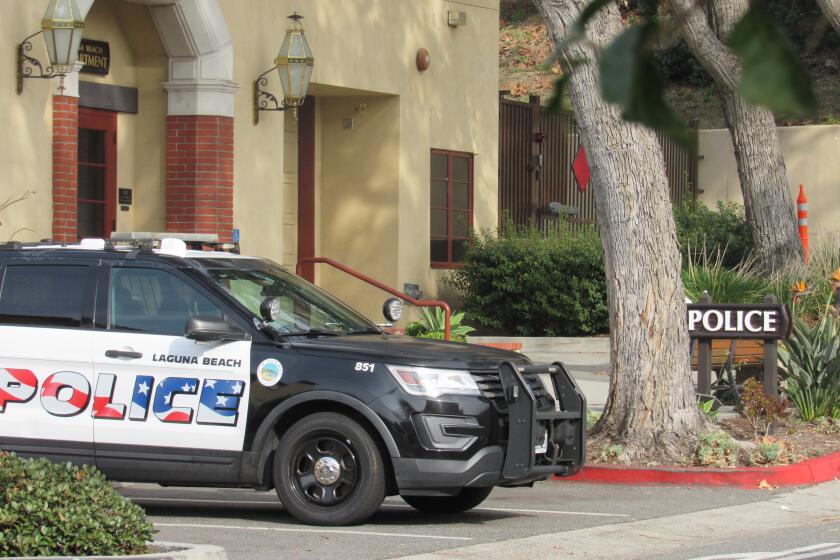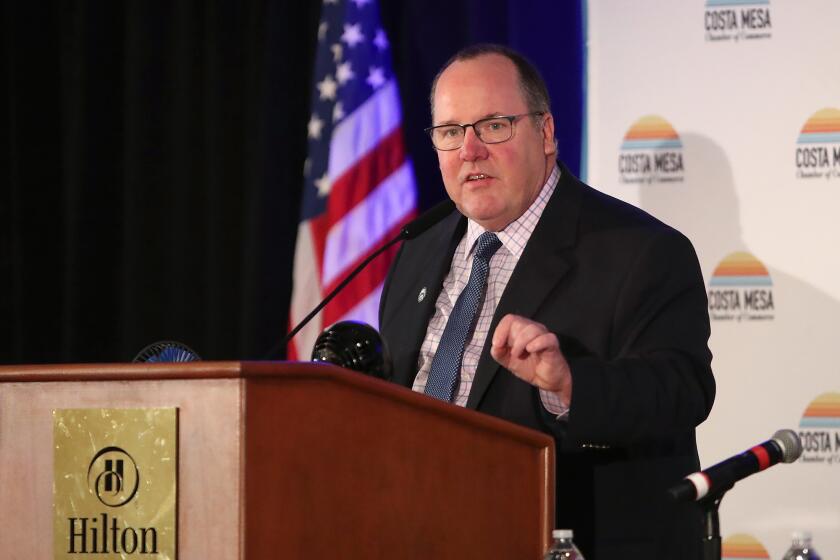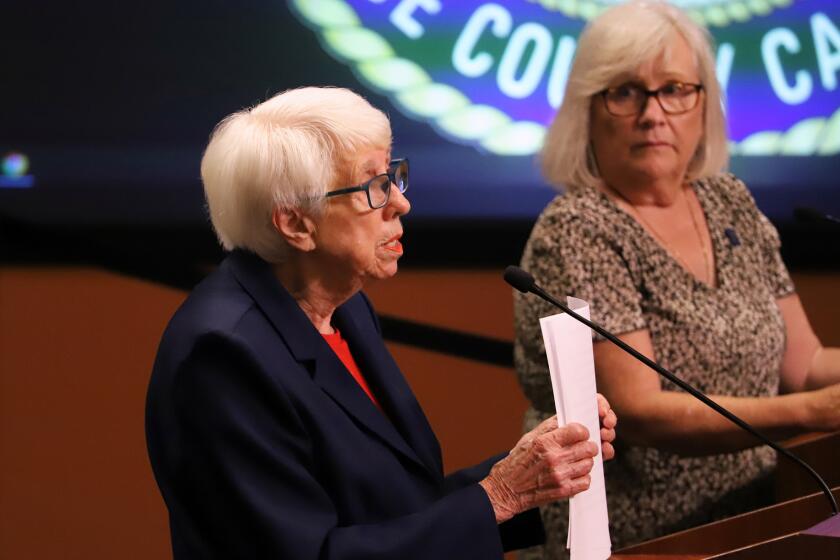Costa Mesa lawsuit alleges 3 sober-living homes are operating illegally
The city of Costa Mesa filed a lawsuit this week against the owner and operators of three sober-living homes, claiming they’re operating illegally and should be forced to comply with local regulations or shut down.
The lawsuit, filed Tuesday in Orange County Superior Court, alleges the operators of the facilities at 1798 Pomona Ave., 2558 Orange Ave. and 2964 Peppertree Lane have not applied for city approvals necessary to remain open.
“We have enacted the strongest ordinances in the state to regulate sober-living homes,” Mayor Sandy Genis said in a statement Wednesday. “We filed this legal action to compel compliance with our ordinances and to protect the residential character of our neighborhoods for the benefit of all Costa Mesa residents.”
Named in the suit are Barry Saywitz and Barry Saywitz Properties, the owner of all three homes; Morningside Recovery LLC, which leases the sites from Saywitz; and True Recovery Inc., which subleases one of the properties from Morningside.
Also named is Discovery House LLC, which apparently is associated with Morningside, according to the lawsuit.
All three properties are used as sober-living homes, which typically house recovering alcoholics and drug addicts and require a conditional use permit to operate, according to the city. However, the lawsuit states those permits have not been applied for.
Ron Talmo, an attorney representing Morningside, said Wednesday that his client has been steadily closing its facilities in Costa Mesa the past few years.
“My guess is the city is doing what they need to do and we will eventually work something out and everybody will be happy,” he said.
Talmo said Morningside has looked into ending its leases early at the three properties named in the lawsuit but hasn’t reached an agreement with Saywitz.
“Everything’s in Barry’s court right now,” Talmo said.
Saywitz could not immediately be reached for comment Wednesday.
Costa Mesa officials and residents have long lamented the local proliferation of sober-living homes, saying they can harm the character of neighborhoods and lead to problems with traffic, parking, noise, litter and other issues.
Because recovering alcoholics and drug addicts are considered disabled under state and federal laws, the city is limited in the regulations it can impose on sober-living homes.
Costa Mesa does have rules requiring that group homes, licensed alcohol and drug treatment facilities and sober-living homes be at least 650 feet from one another in residential areas. Last year, the City Council adopted new regulations aimed at increasing transparency and preventing people who are evicted from such facilities from becoming homeless.
“We are done cowering to abusive rehab operators who snub our rules and permit procedures,” Councilwoman Katrina Foley said Wednesday. “We will continue to promote the strictest regulatory schemes allowable and advocate for state and federal reforms to give us local control of this issue. It’s our duty to protect the public. I encourage other cities to join us in our reform efforts to protect patients and the public.”
Twitter @LukeMMoney
All the latest on Orange County from Orange County.
Get our free TimesOC newsletter.
You may occasionally receive promotional content from the Daily Pilot.




